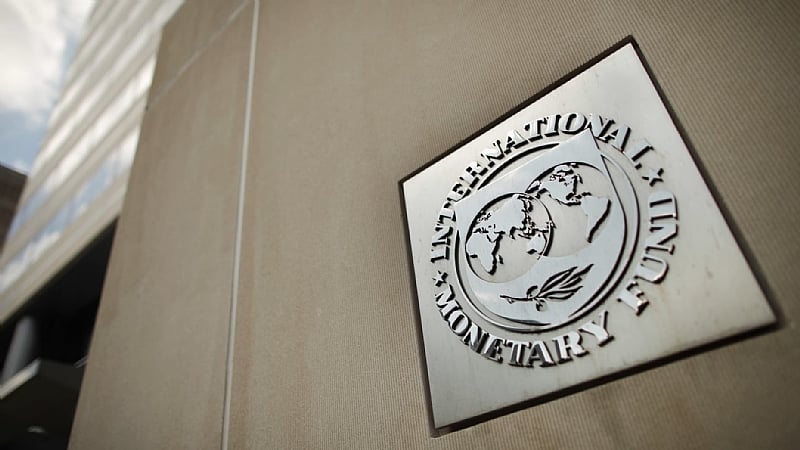The International Monetary Fund (IMF) has issued a stark warning to the United States, urging it to de-escalate ongoing trade tensions with its global partners. The IMF’s Managing Director, Kristalina Georgieva, expressed concern that the escalating trade disputes, particularly the recently imposed tariffs, pose a significant threat to global economic growth, which is already experiencing a slowdown. President Trump’s decision to levy tariffs on goods from over 180 countries, including long-standing allies, has injected considerable uncertainty into the global economic landscape. The IMF emphasizes the importance of constructive dialogue and collaboration to resolve these trade disputes, warning that further escalation could have detrimental consequences for the global economy.
The imposition of tariffs, ranging from 10% to 50%, stems from President Trump’s declaration of a national emergency predicated on the perceived threat posed by certain foreign trade and economic practices. This justification has been met with skepticism by many economists and international organizations, who argue that tariffs are more likely to exacerbate existing economic challenges rather than address them. The IMF is currently conducting a comprehensive assessment of the macroeconomic implications of these tariffs and plans to release its findings during the upcoming Spring Meetings with the World Bank. The organization’s preliminary assessment suggests that the tariffs could further dampen global economic growth, highlighting the urgency of finding a resolution to these trade disputes.
The IMF’s call for de-escalation underscores the interconnectedness of the global economy and the potential for trade disputes to disrupt international commerce and investment flows. Tariffs, by increasing the cost of imported goods, can lead to retaliatory measures from other countries, creating a cycle of escalating trade barriers that ultimately harms all parties involved. This tit-for-tat dynamic can disrupt supply chains, reduce consumer purchasing power, and stifle economic growth. The IMF’s concern stems from the potential for these trade tensions to escalate further, triggering a broader slowdown in global economic activity.
The global economy is already facing headwinds from various factors, including geopolitical uncertainties, slowing growth in major economies, and volatile financial markets. The addition of trade disputes further complicates the economic outlook, adding another layer of uncertainty and risk. The IMF’s warning serves as a reminder of the fragility of the global economic recovery and the importance of maintaining open and predictable trade relations. Resolving these trade tensions through dialogue and negotiation is crucial to ensuring continued global economic growth and stability.
The upcoming Spring Meetings with the World Bank provide a crucial platform for international cooperation and dialogue on these pressing economic challenges. The IMF’s forthcoming report on the macroeconomic implications of the tariffs will provide valuable insights and data to inform policy decisions. It is hoped that these meetings will foster constructive engagement between the United States and its trading partners, leading to a de-escalation of trade tensions and a renewed commitment to multilateral cooperation. The stakes are high, and the global economy’s future trajectory hinges on the ability of nations to work together to address these challenges.
The IMF’s plea to the United States and its trading partners represents a critical call for international cooperation and collaboration in the face of mounting economic challenges. The imposition of tariffs and the subsequent retaliatory measures threaten to unravel the fabric of the global trading system, with potentially devastating consequences for all involved. The IMF’s upcoming analysis will provide a deeper understanding of the economic ramifications of these trade disputes, informing policymakers and stakeholders as they navigate this complex landscape. The Spring Meetings provide a vital opportunity for dialogue and negotiation, and it is imperative that all parties engage constructively to find a path towards de-escalation and a more stable and predictable global trading environment. The global economy’s health depends on it.


